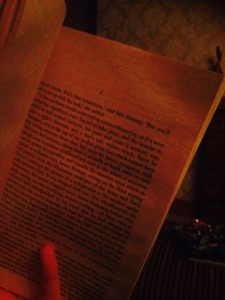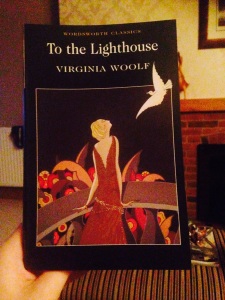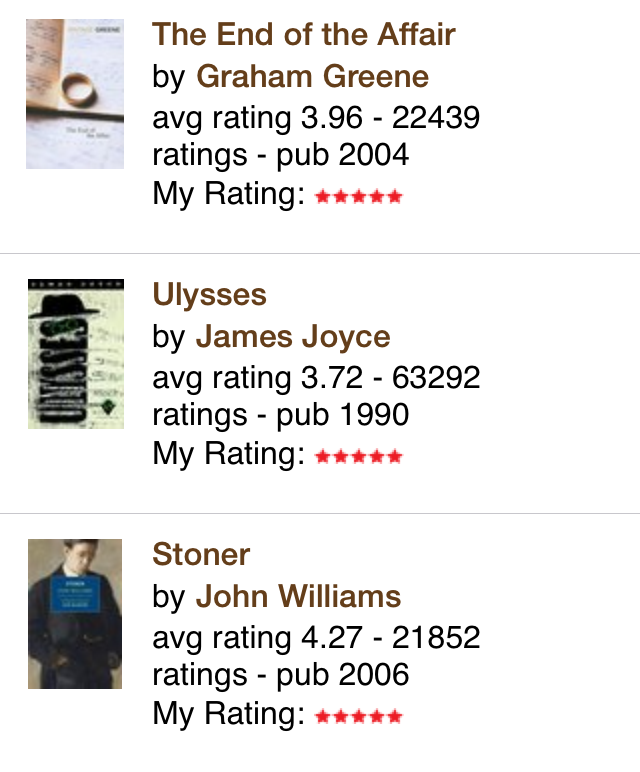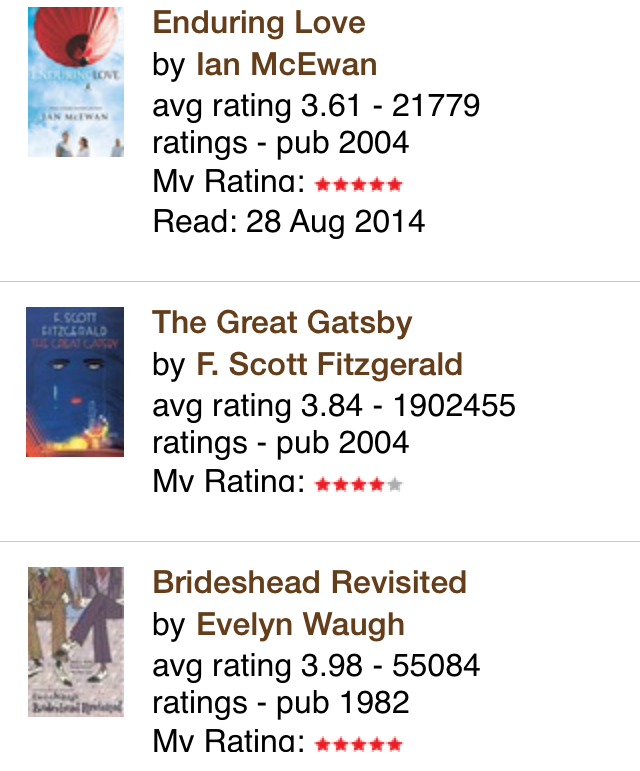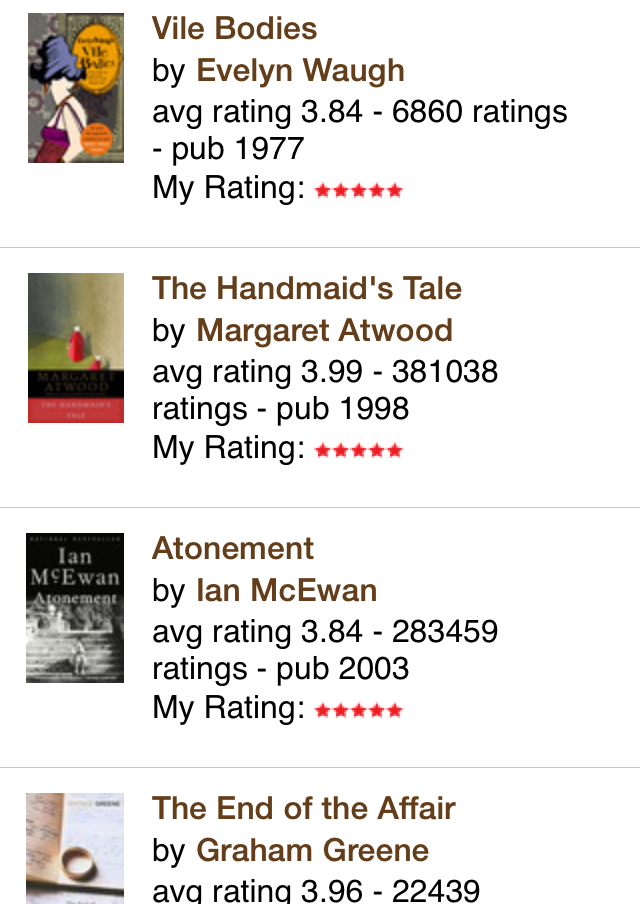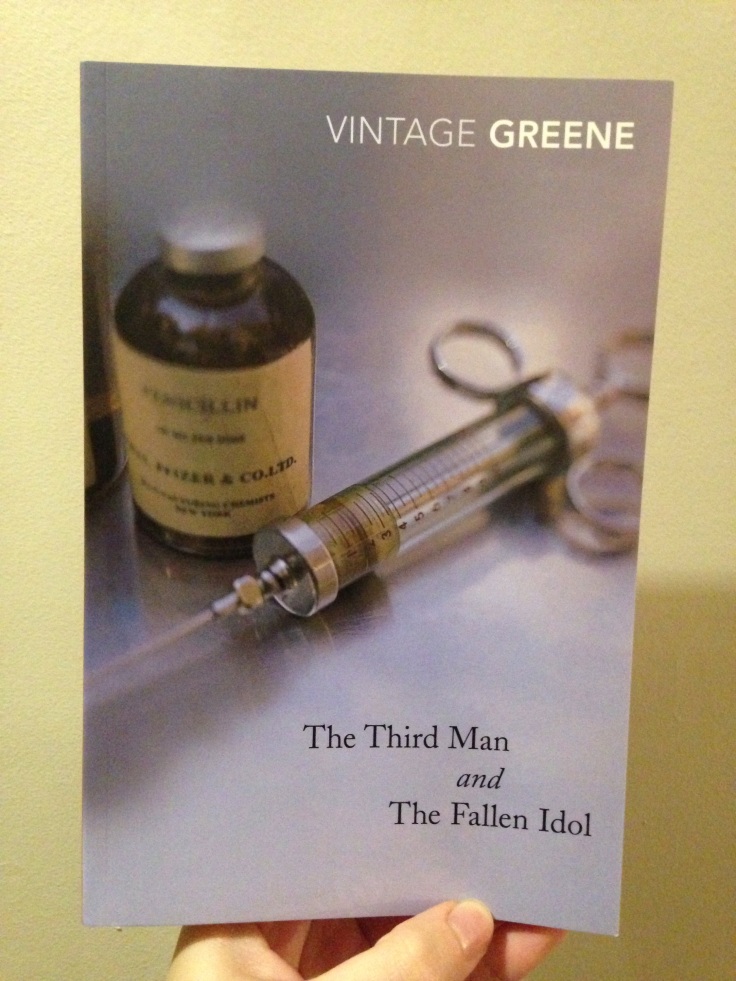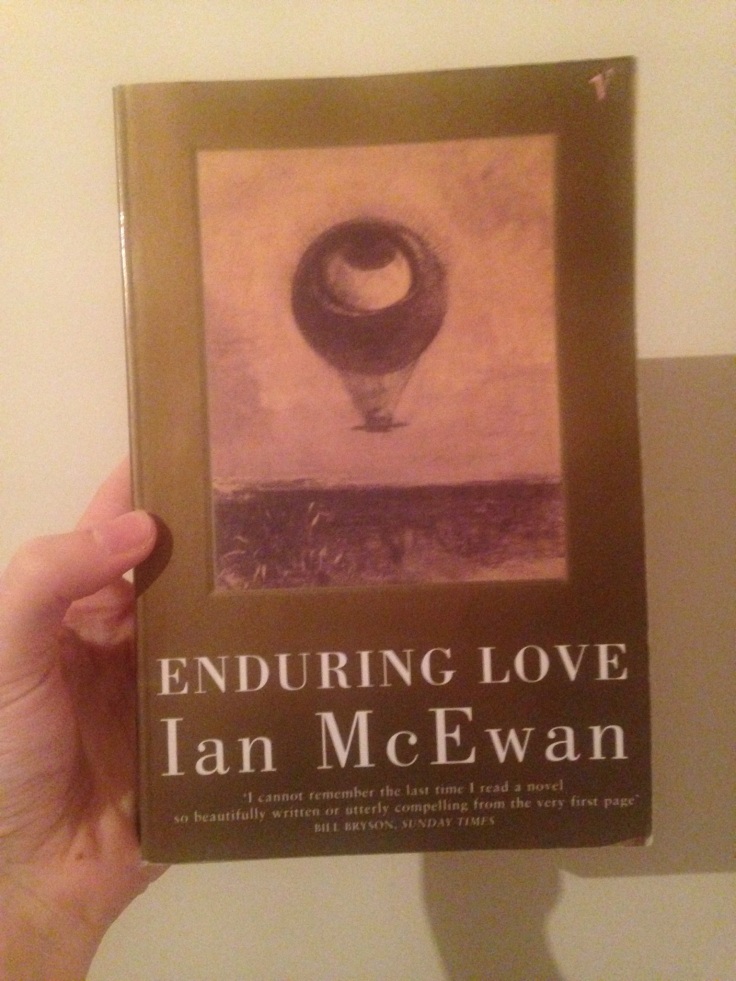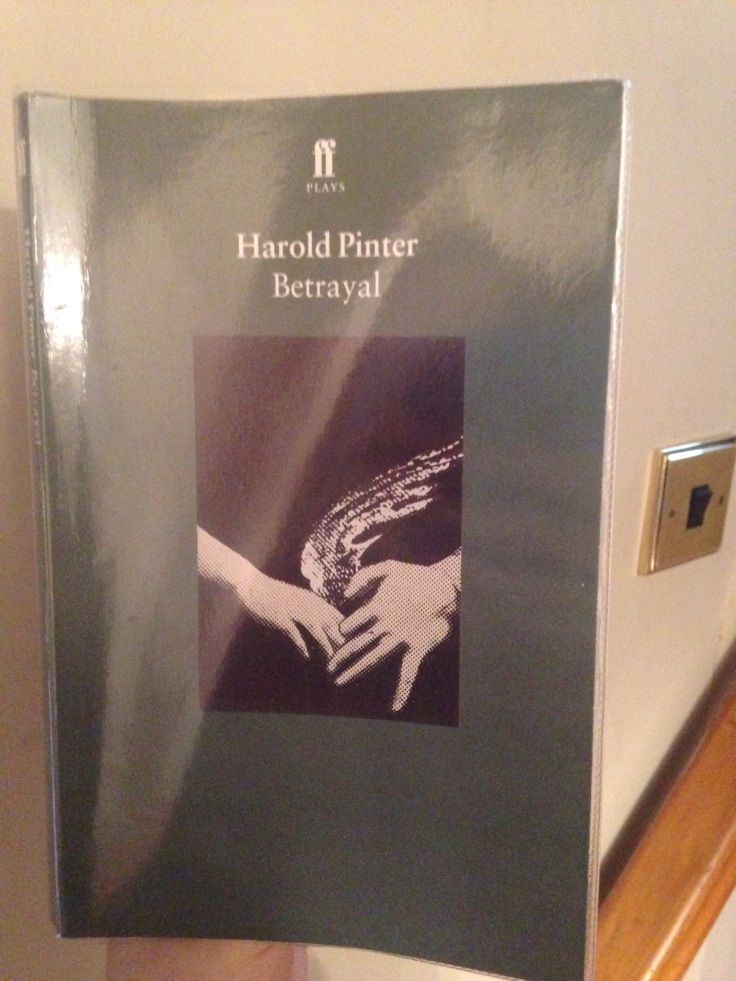So, what’s a modern classic? I find them difficult to say, to be honest. Here are my thoughts:
But what makes it a classic? Personally, I think it’s being able to:
. apply the situation and the emotions stated in the novel to any time period
. prose which reflects the culture and time period of the author
= noteworthy and exemplary!
What about you?
Something new was added to my Oxford University Press collection yesterday… “Orlando” by Virginia Woolf.
What do people think of her work?
You see, a few years ago I couldn’t stand her. Then, last year whilst I was bored on the train from Leeds, I read “A Room of One’s Own”. But didn’t thrill me as I felt it should. I understood. I agreed… But I didn’t fall in love. I can’t even explain why (to my own horror).
Her short stories, however, (notably “The Lady in the Looking Glass”) captured my attention. I liked all five in my tiny penguin classic book (“The Lady…”, “A Society”, “The Mark on the Wall”, “Solid Objects”, and “Lappin & Lappinova”) and felt as though I just read something else.
Thus, “Orlando” has been ordered.
5/5 stars (*****)
I really enjoyed this novel by McEwan. I’ve read Atonement and it’s one of my favourite books. A piece of trivia for you, too: McEwan based Briony’s family home on his old school, Woolverstone Hall, which is where I now go to school.
Anyway, back to Enduring Love. This was suggested to me as one of the modern books I should read for our A-Level English Literature course, titled ‘love through the ages’, so when I read the synopsis I was confused: this seems to be about obsession, not love.
To be quick, the main character Joe and stranger Jed exchange a passing glance, a glance that has devastating consequences and that indelibly burns an obsession into Jed, for Jed suffers from de Clerambault’s syndrome, a disorder that causes the sufferer to believe that someone else is in love with him or her.
However, and thankfully, this book surprised me. Yes, it is about obsession – deadly obsession- but it’s not just about that.
There’s an underlining conflict which runs throughout the novel: religion vs. science. The longer science based passages intrigued me: McEwan didn’t overload with jargon but didn’t treat the reader like an idiot either. Jed’s religion which dominates his life, however, is treated a little oddly, in my opinion, and left me feeling a little sour. His mental illness, on the other hand, was well put across and didn’t seem ridiculous.
The prose, as always with McEwan, was beautiful. Flowing and simple, he interweaves the main character’s devastation and paranoia so seamlessly that you’re not left wondering for anything at all. Even the antagonists chapters are good: the change in writing style transports the reader away from
Though an unusual ending, I thought it was realistic and sensible. Happy endings don’t always exist. Though the religion bashing wasn’t fantastic, it didn’t detract from the rating and on reflection, it’s not too bad.
4/5 stars
Finished in under an hour. Read for school. Review below.
I am unsure of what to think: maybe it is because I wish I could see this on stage. I think that way I’d be able to fully appreciate the rawness of the dialogue, the painfully honest emotions that come through…
But, still; I enjoyed it. The dialogue (it is a play after all) was refreshingly simple and realistic, meaning not only was it an easy read but one which made me feel as though I was somehow involved in the three main characters lives, even when the play in my edition is 138 pages. The sparseness of the dialogue itself gives us, as readers, room for interpretation and thought into how we see the characters.
Whether the play was a set of memories or not I do not know. But I like to think of it this way. By seeing snap shots of the lives of the characters and the betrayal that surrounds them, the I found myself questioning not ‘what next?’, but ‘why?’.
It made me consider the daily deception of human lives- we lie to ourselves and others as though we were meant to. And the characters portray people who continuously betray each other, which makes the reader consider the intentions of the characters and their moral compass. Can we really like a character if they’re constantly lying? Maybe not, maybe so. Regardless, we become attached very easily and must see the end.
The play is so human, so honest in its portrayal of life and the love that inhabits the world that it’s brilliant.
